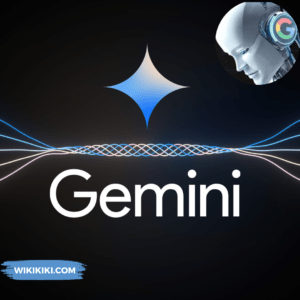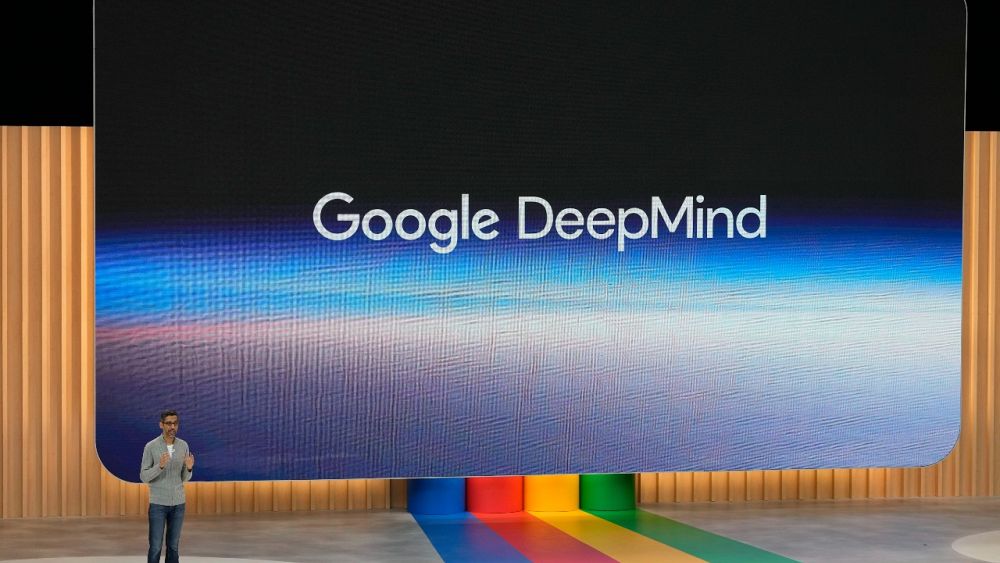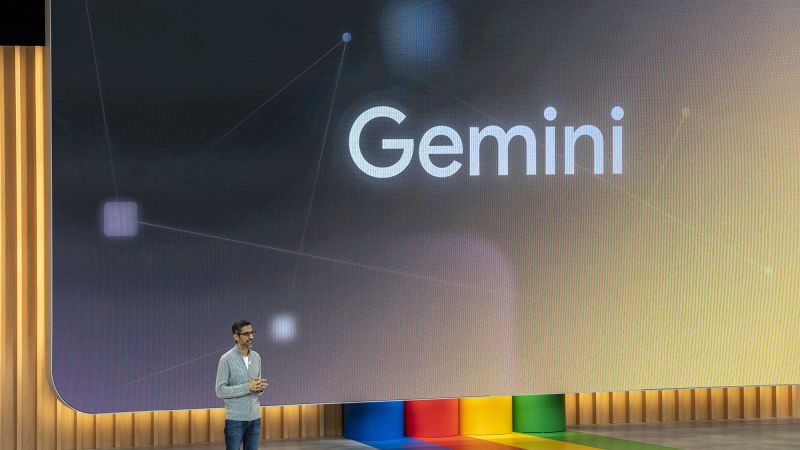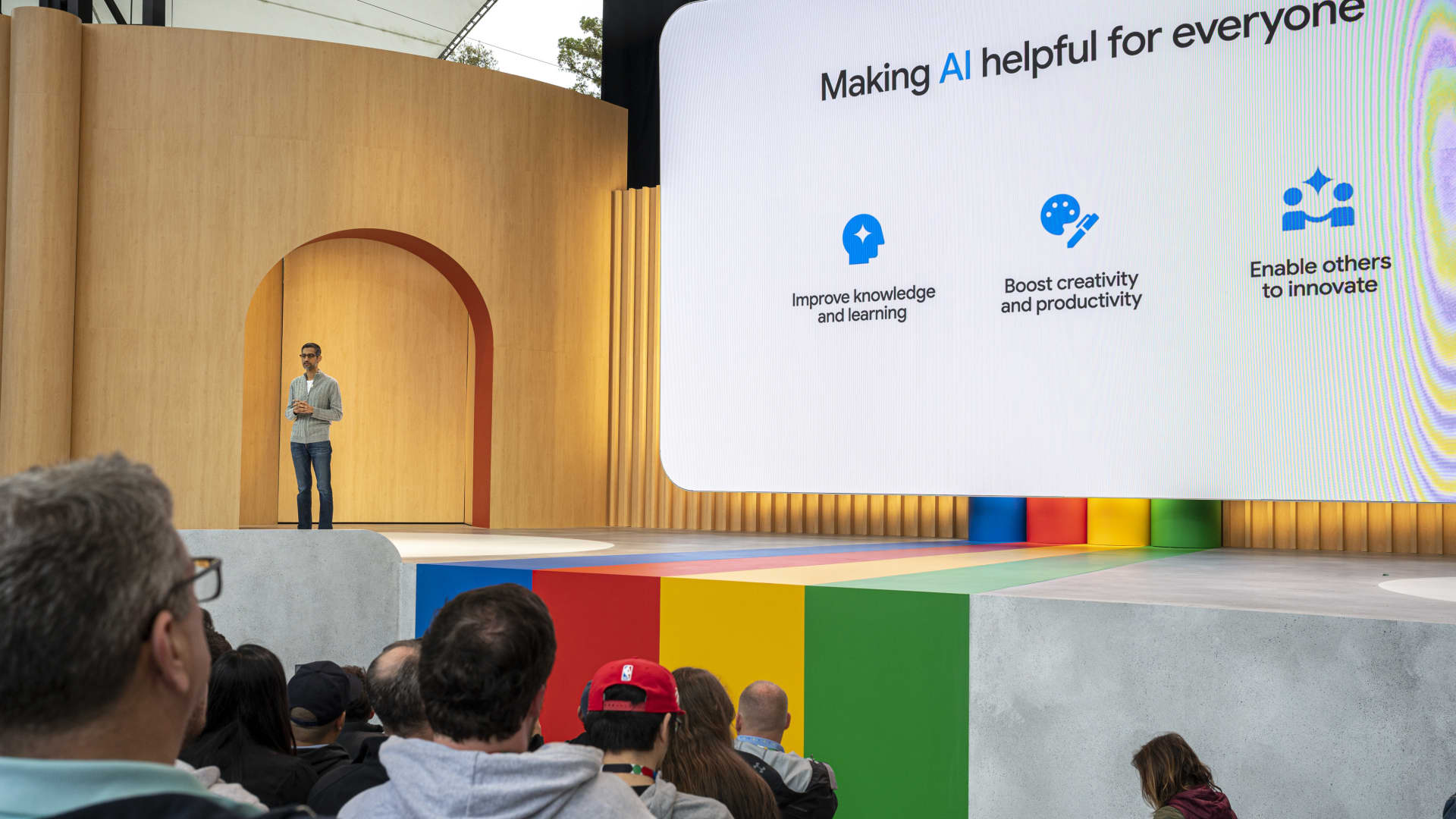Google has launched its most advanced artificial intelligence model to date, named Gemini. The launch, originally postponed due to readiness concerns, This shows Google’s aggressive step into the evolving field of generative artificial intelligence.

Also Read: Wikipedia’s Top 25 Most Viewed Articles of 2023
Gemini, a multimodal AI model, is designed to outperform its competitors, including OpenAI’s GPT-3.5 and GPT-4.
Gemini comes in three distinct sizes, each tailored for specific purposes: Gemini Ultra, the largest and most capable for highly complex tasks; Gemini Pro, versatile across a wide range of applications; and Gemini Nano, optimized for specific tasks and mobile devices.
Google envisions Gemini as a force, with applications spanning from big enterprises to consumer devices like the Google Pixel 8 Pro.
The company plans to license Gemini to customers through Google Cloud, allowing them to integrate the advanced AI model into their applications.
Starting on December 13, developers and enterprise clients can access Gemini Pro through the Gemini API in Google AI Studio or Google Cloud Vertex AI.
Android developers will also have the opportunity to leverage Gemini Nano for mobile applications. Google intends to incorporate Gemini into its consumer-facing products, such as the Bard chatbot and the Search Generative Experience.
Gemini Ultra has already made waves by surpassing human experts on the Massive Multitask Language Understanding (MMLU) benchmark.
This benchmark evaluates the model’s proficiency across 57 subjects, including math, physics, history, law, medicine, and ethics.
Also Read: Meta Shuts 4,800 Fake Accounts Over Alleged China-based Influence Campaign
Gemini Ultra’s ability to understand nuance and reasoning in complex subjects sets it apart in the realm of language models.
Sundar Pichai expressed his excitement about Gemini, stating, “This new era of models represents one of the biggest science and engineering efforts we’ve undertaken as a company.”
Pichai addressed that Gemini was built from the ground up to be multimodal, understanding and operating across various types of information, including text, code, audio, image, and video.
Gemini’s integration into Google’s chatbot Bard marks an update, with Gemini Pro advanced reasoning, planning, and understanding.
An upcoming release, Bard Advanced, powered by Gemini Ultra, promises to be the most update to Bard, competing with the likes of OpenAI’s ChatGPT.
Eli Collins, VP of Product at Google DeepMind, explained that testing more advanced models takes time. Despite being Google’s largest model, Gemini Ultra has been increased efficiency, making it not only more capable but also more cost-effective.
Collins addressed the safety evaluations conducted on Gemini, making it the most thoroughly tested AI model in Google’s portfolio.
While Gemini Pro reportedly outperformed GPT-3.5, Google remained silent about direct comparisons with GPT-4.
However, a white paper released by Google indicated that Gemini Ultra outperformed GPT-4 in several benchmarks.
Also Read: Google Agrees to Pay $74 Million Annually to Canadian News Industry
Google envisions applications in advanced customer service engagement, product recommendations, content creation, and productivity apps, making Gemini a versatile tool for various industries.
The company said that the need for responsible AI development and addressed safety measures, including protections against bias, toxicity, violent content, and negative stereotypes.
Gemini Ultra’s gradual release to select customers, developers, partners, and safety experts reflects Google’s commitment to ensuring responsible deployment and gathering feedback for further improvements.
Google introduced its next-generation Tensor Processing Unit (TPU) for training AI models. The TPU v5p chip offers improved performance for the price compared to its previous models, the TPU v4.
While Google didn’t provide direct performance comparisons with market leader Nvidia, the announcement positions Google as a player in the custom silicon arena.
As Google seeks to monetize its AI capabilities, questions arose about charges for access to Bard Advanced.
Sissie Hsiao, Google’s General Manager for Bard, addressed the company’s focus on delivering a positive user experience and remained vague about specific monetization details.
Gemini’s launch follows Google’s earlier experiment, the Search Generative Experience (SGE), aimed at providing a more conversational search experience.
Also Read: Google to Begin Deleting Inactive Accounts From December 1

/cloudfront-us-east-2.images.arcpublishing.com/reuters/7WGL4ZKKPBKZ5LNRR4IRTVLA4Q.jpg)




















